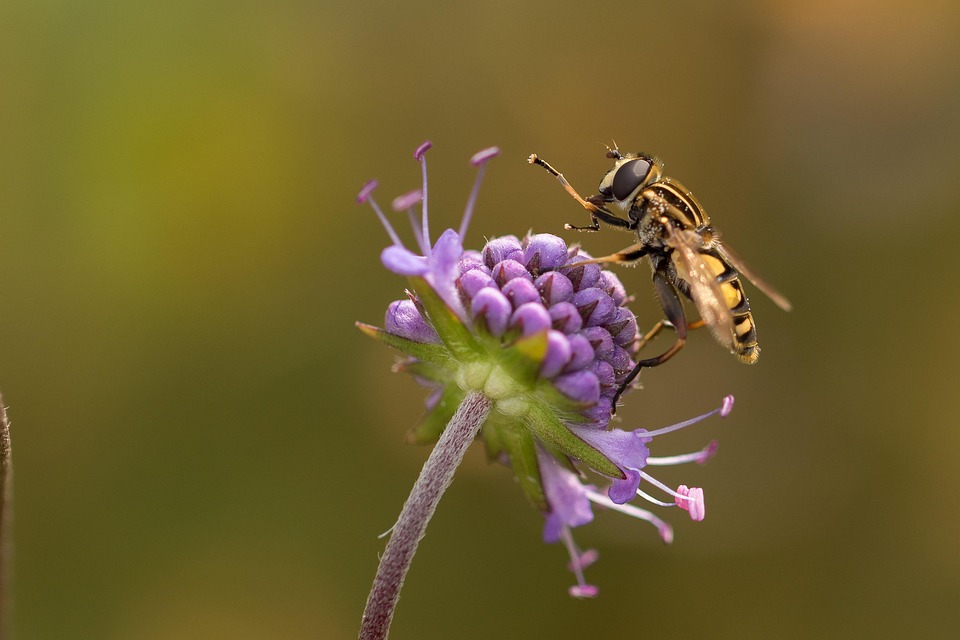Beyond the Bite: How to Choose and Use Natural Bug Sprays for Your Family
As summer rolls in and outdoor activities become more frequent, the joy of picnics, camping trips, and backyard gatherings often comes with an unwelcome guest: bugs. Mosquitoes, ticks, and other pests can drive us indoors, but with the increasing awareness of synthetic chemicals, many families are looking for natural alternatives to keep these nuisances at bay. This guide will explore how to choose and use natural bug sprays, ensuring your family can enjoy the outdoors without compromise.
The Shift Towards Natural Bug Sprays
Many conventional insect repellents contain DEET, a chemical that has been scrutinized for its potential health risks, particularly for children. Families are increasingly prioritizing safety, efficacy, and environmental impact, leading to a burgeoning market of natural bug sprays. These alternatives typically use essential oils and other plant-based ingredients, which can be effective without the harsh chemicals.
Choosing the Right Natural Bug Spray
-
Check the Ingredients: Look for bug sprays with natural active ingredients such as citronella, eucalyptus, lavender, peppermint, rosemary, and tea tree oil. These ingredients have been shown to have repellent properties. Avoid products with alcohol and synthetic fragrances that can irritate sensitive skin.
-
Understand Efficacy: Natural bug sprays can be less potent than their synthetic counterparts but can still effectively repel bugs when applied correctly. Read reviews and look for products that have been tested for efficacy in real-world conditions.
-
Consider Age Appropriateness: Some essential oils are not safe for young children or pregnant women. Always check the label for age recommendations and consult with a pediatrician if you have any doubts.
-
Opt for Eco-Friendly Packaging: Select brands that use sustainable practices and packaging. It’s a small but significant way to contribute to environmental protection while safeguarding your family.
- Beware of Allergens: If anyone in your family has allergies or sensitivities, read labels carefully. Perform a patch test before widespread application to ensure there are no adverse reactions.
How to Use Natural Bug Sprays Effectively
-
Application Timing: Apply bug spray before heading outdoors. Ensure you cover all exposed areas of skin and clothing, as insects can land on any uncovered surface.
-
Reapply Regularly: Natural repellents tend to have shorter-lasting effects than synthetic options, so reapply every 1-2 hours or after swimming or sweating.
-
Combine with Other Protective Measures: While natural bug sprays can deter pests, they are most effective when used in tandem with other precautions. Wear long sleeves and pants, particularly in wooded areas, and consider treating clothing with permethrin (an approved insecticide) for added protection.
-
Use Around the Home: Create a bug-friendly environment at home by using natural bug sprays around entry points like doors and windows. Essential oil diffusers with citronella or eucalyptus can also serve as a preventative measure.
- Involve the Kids: Make them part of the process! Teach them why wearing bug repellent is essential and let them help with application, turning protection into a fun family activity.
Homemade Natural Bug Sprays
For the crafty families, homemade bug sprays can be an appealing option. Here’s a simple recipe to get you started:
Essential Oil Bug Spray Recipe
Ingredients:
- 1 cup of witch hazel or apple cider vinegar
- 1/2 cup water
- 20 drops of essential oil (choose from citronella, eucalyptus, lavender, or tea tree oil)
Instructions:
- Mix all ingredients in a spray bottle and shake well before use.
- Store in a cool, dark place and shake before each application.
Remember that while homemade solutions are fun and customizable, they still require patch testing and mindful application to ensure family safety.
Conclusion
Natural bug sprays offer a gentle yet effective way to protect your family from pesky insects without the use of harsh chemicals. By choosing the right product and employing smart use strategies, you can relish the great outdoors during the summer months. Embracing natural alternatives not only promotes health and safety but also a more eco-friendly lifestyle. Enjoy that picnic, hike, or backyard barbeque, knowing you have taken steps to protect your family from the bite!
